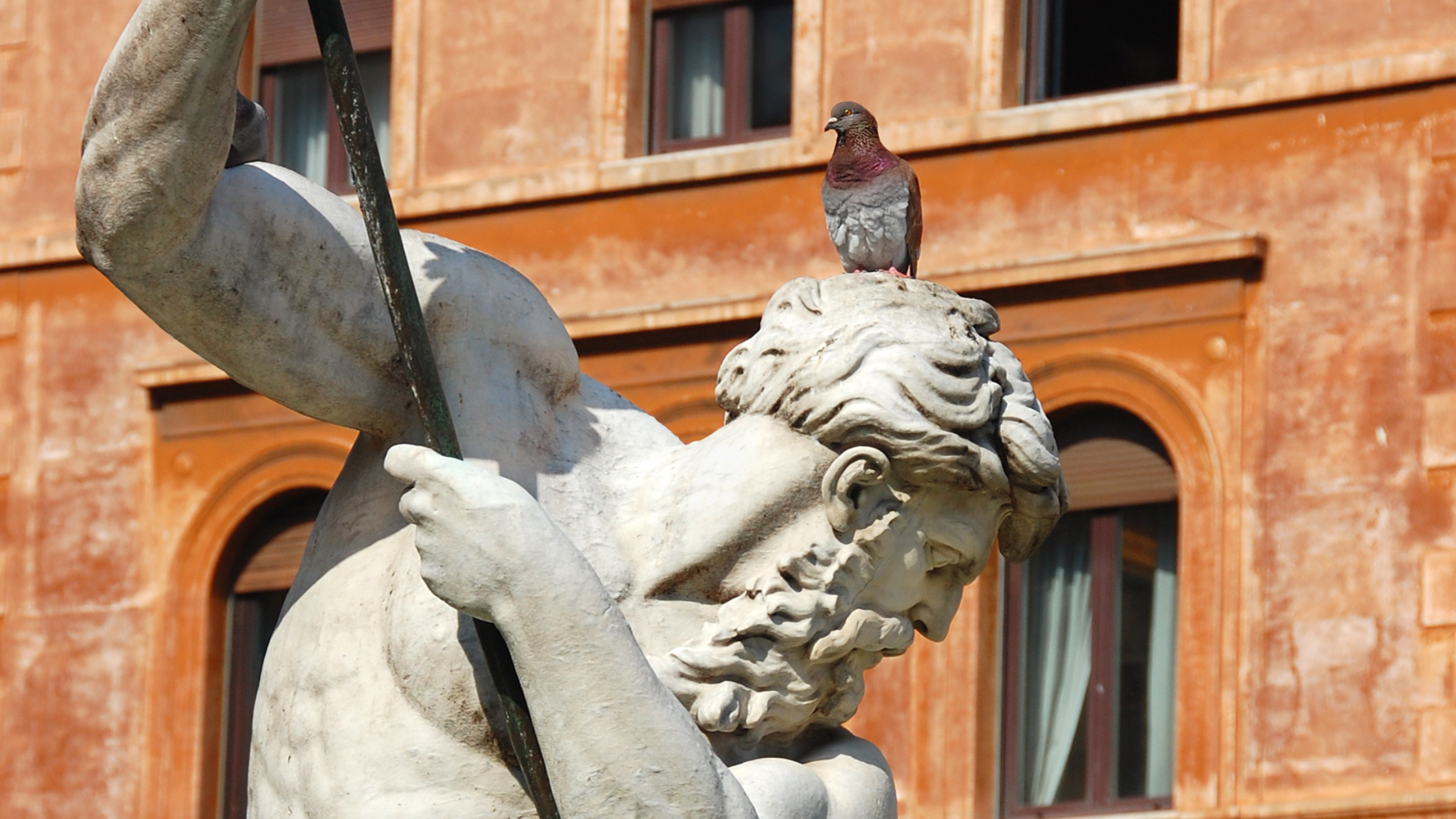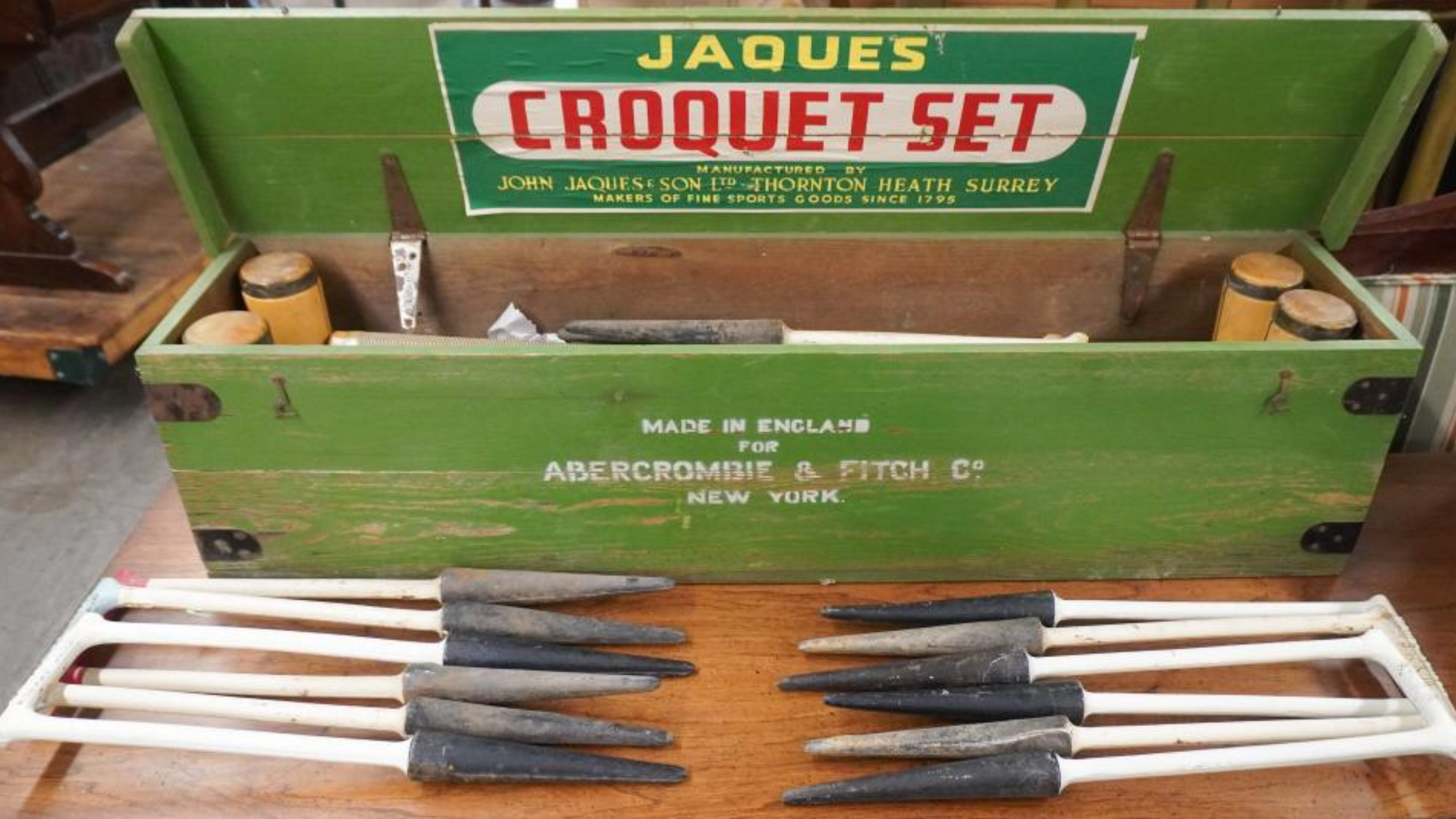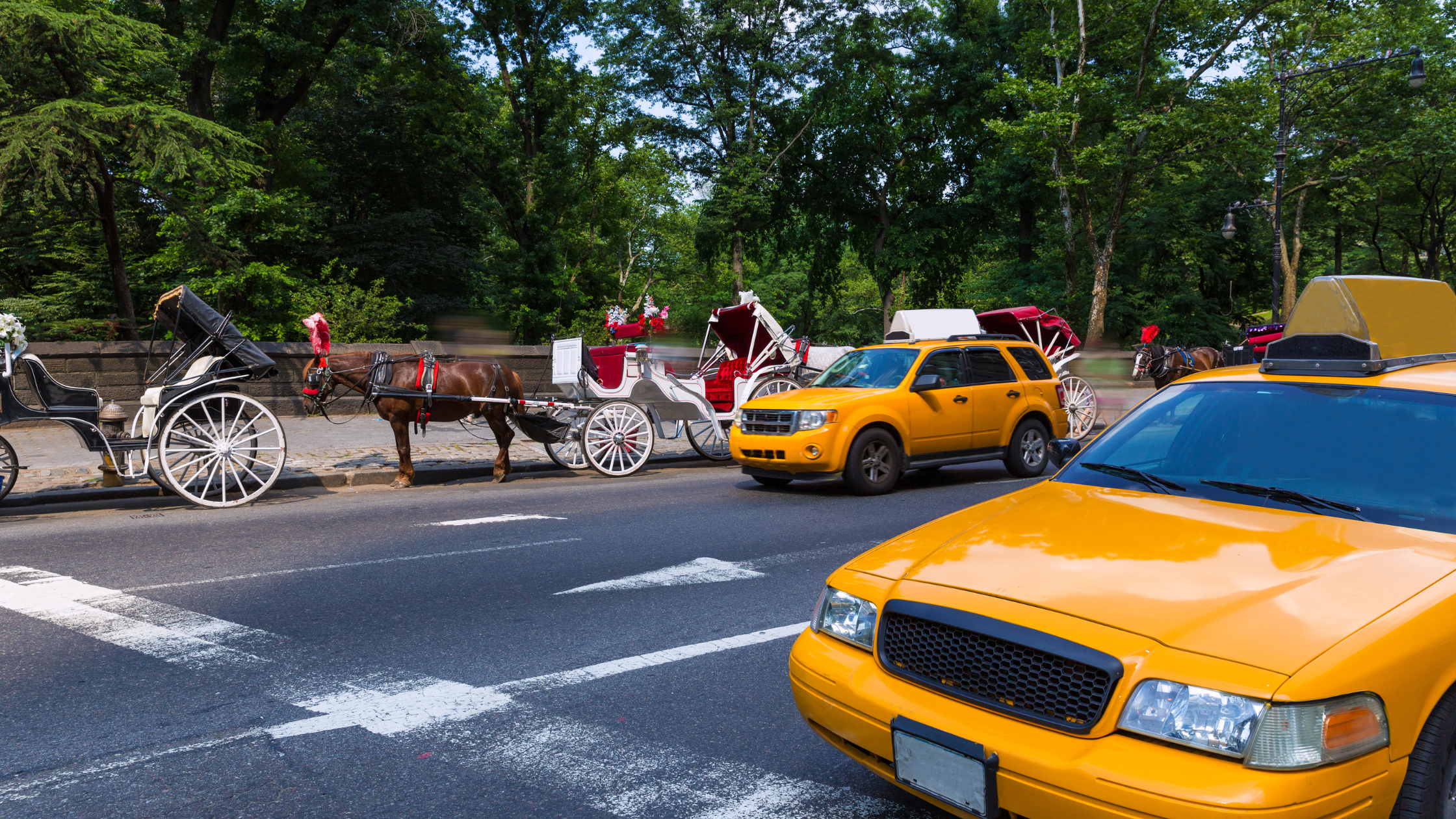
The Role of Animals in Olympic History: From Horses to Pigeons
The Olympic Games have long been a showcase of human athleticism and competitive spirit. However, the involvement of animals in these games is a less discussed aspect of Olympic history. While equestrian events are well-known, the 1900 Paris Olympics featured a controversial and unique event: live pigeon shooting. This blog post will delve into the history of animals in the Olympics, highlighting their roles, the controversies that arose, and the lasting impact on Olympic traditions.
Equestrian Events: A Partnership of Rider and Horse
Equestrian sports have been a staple of the modern Olympics since the 1900 Games in Paris. These events, which include dressage, show jumping, and eventing, showcase the extraordinary bond and teamwork between horse and rider. Unlike other sports, where the athlete is a single individual, equestrian events highlight a partnership, with both the rider and the horse playing crucial roles in the outcome.
The inclusion of equestrian events in the Olympics speaks to the historical importance of horses in human culture, particularly in warfare, transportation, and sport. The International Equestrian Federation (FEI) governs these events, ensuring the welfare of the horses and the fairness of the competition. This partnership is one of the rare instances in sports where an animal shares the spotlight equally with a human athlete, and the events are structured to ensure that both horse and rider are judged on their performance.
The 1900 Paris Olympics: A Controversial Chapter with Pigeons
In contrast to the celebrated equestrian events, the live pigeon shooting competition at the 1900 Paris Olympics remains a dark and controversial chapter in Olympic history. Held as part of the shooting events, this competition involved participants aiming to shoot down as many live pigeons as possible within a set time. The winner was determined by the number of birds killed, with the final tally being around 300 pigeons.
This event marked the only time live animals were used in an Olympic event, and the public backlash was swift and severe. The mass killing of pigeons for sport was widely condemned, leading to the event's immediate discontinuation. The 1900 Paris Games were the first and last time such a competition was included in the Olympics. The controversy surrounding the event played a significant role in shaping the future of the Games, particularly regarding the ethical treatment of animals.
The use of live pigeons was quickly replaced by clay targets in shooting competitions, leading to the modern sport of trap and skeet shooting. This change was part of a broader movement within the Olympics and international sports to promote more humane and ethical practices. The legacy of the 1900 pigeon shooting event serves as a reminder of the evolving standards of ethics in sports and the importance of animal welfare in competitive settings.
Legacy and Modern Implications
The use of animals in the Olympics is now largely limited to equestrian events, where strict regulations ensure the welfare of the horses. These events are celebrated for the unique bond between humans and animals, showcasing skill, training, and mutual trust. The lessons learned from the 1900 pigeon shooting debacle have contributed to a greater awareness of animal rights and ethics in sports.
Today, the International Olympic Committee (IOC) maintains strict guidelines to ensure that any involvement of animals in the Games adheres to high standards of welfare and ethics. This evolution reflects a broader societal shift towards the humane treatment of animals and the recognition that sports should not involve cruelty or harm to living creatures.
In conclusion, while the Olympics have had a complex relationship with the use of animals, the Games have also been a platform for progress in animal welfare. From the equestrian events that celebrate the partnership between horse and rider to the unfortunate history of pigeon shooting, the Olympics have mirrored society's evolving attitudes towards animals. As the Games continue to evolve, the lessons of the past serve as a guide to ensure that the future remains focused on fair play, respect, and compassion for all living beings.




